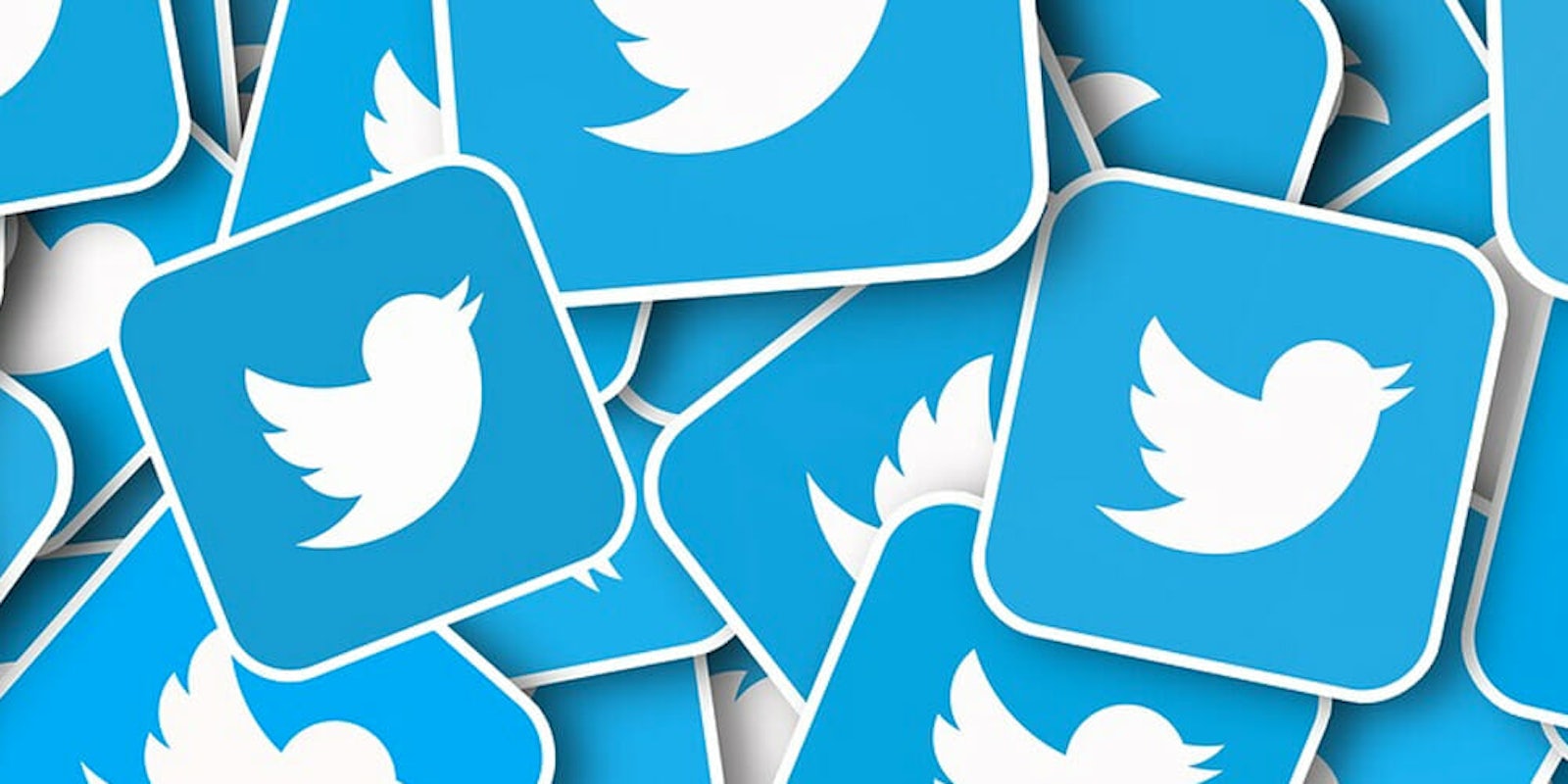Twitter CEO Jack Dorsey announced a ban on Wednesday of all political advertising on the social media platform.
In a lengthy Twitter thread, Dorsey outlined his company’s decision and argued that a political message’s reach “should be earned, not bought.”
“A political message earns reach when people decide to follow an account or retweet,” Dorsey said. “Paying for reach removes that decision, forcing highly optimized and targeted political messages on people. We believe this decision should not be compromised by money.”
A political message earns reach when people decide to follow an account or retweet. Paying for reach removes that decision, forcing highly optimized and targeted political messages on people. We believe this decision should not be compromised by money.
— jack (@jack) October 30, 2019
Dorsey noted that while online advertisements are beneficial for the commercial sector, the same cannot be said for the political realm due to the potential for abuse.
“Internet political ads present entirely new challenges to civic discourse: machine learning-based optimization of messaging and micro-targeting, unchecked misleading information, and deep fakes,” Dorsey said. “All at increasing velocity, sophistication, and overwhelming scale.”
Internet political ads present entirely new challenges to civic discourse: machine learning-based optimization of messaging and micro-targeting, unchecked misleading information, and deep fakes. All at increasing velocity, sophistication, and overwhelming scale.
— jack (@jack) October 30, 2019
The tech CEO further stated that it is hypocritical for a company to claim that it is working to combat the spread of misinformation while simultaneously allowing ads that do the same.
For instance, it‘s not credible for us to say: “We’re working hard to stop people from gaming our systems to spread misleading info, buuut if someone pays us to target and force people to see their political ad…well…they can say whatever they want!
— jack (@jack) October 30, 2019”
The statement appears to be in reference to fellow tech giant Facebook, which has stated that it will allow political advertisements even if they include false information.
“We considered stopping only candidate ads, but issue ads present a way to circumvent,” Dorsey continued. “Additionally, it isn’t fair for everyone but candidates to buy ads for issues they want to push. So we’re stopping these too.”
Dorsey further called for regulators to create a framework for online political advertising to help “ensure a level playing field.”
Speaking to those who are bound to argue that Twitter’s decision represents an infringement on expression, Dorsey added that “paying to increase the reach of political speech has significant ramifications that today’s democratic infrastructure may not be prepared to handle.”
Twitter plans to reveal its final policy and begin enforcement in mid-November. Dorsey noted that some exemptions would exist, such as ads surrounding voter registration.
A final note. This isn’t about free expression. This is about paying for reach. And paying to increase the reach of political speech has significant ramifications that today’s democratic infrastructure may not be prepared to handle. It’s worth stepping back in order to address.
— jack (@jack) October 30, 2019
The move by Dorsey is highly significant as the 2020 presidential election approaches. And while Twitter is taking steps to protect itself from the volatility of political ads, Facebook continues to face issues.
A California man who recently registered to run in the state’s 2020 gubernatorial race plans to test Facebook’s resolve by running intentionally false ads.
Facebook is refusing, given his stated intentions, and a potential lawsuit looms.
READ MORE:
- A man is running for office in California so he can run fake Facebook ads
- Report: Trump using models as supporters in Facebook ads
- Biden spent nearly a half-million on Facebook ads in his first two days


